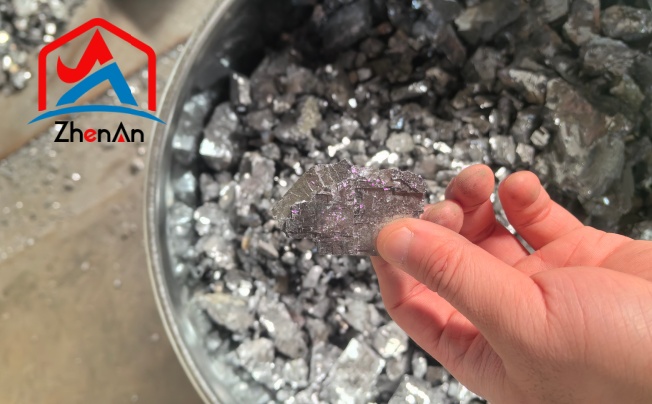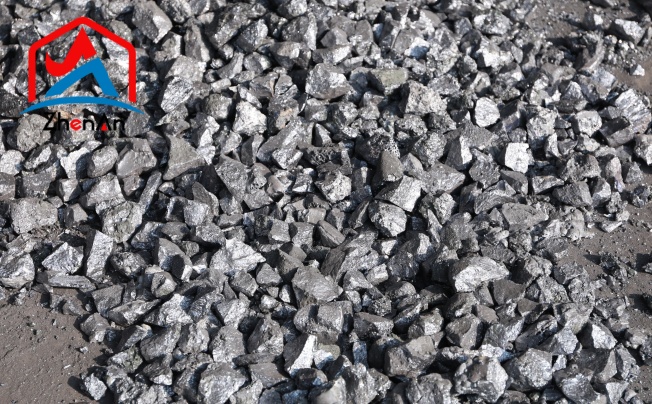Environmental Impact of Petroleum Coke
Air Pollution
Petroleum coke, commonly referred to as petcoke, is a byproduct of the refining process and is often used as a fuel in various industries. However, its use and handling contribute significantly to air pollution.
One of the most concerning aspects is the emission of greenhouse gases. When petcoke is burned, it releases carbon dioxide (CO2) and other greenhouse gases, contributing to global warming and climate change.
Additionally, the combustion process releases sulfur dioxide (SO2) and nitrogen oxides (NOx), which are major contributors to acid rain and smog formation. Furthermore, particulate matter released during the handling and transportation of petcoke poses a significant threat to air quality.
The fine particles emitted during these activities can penetrate deep into the lungs when inhaled, leading to respiratory issues for both humans and wildlife. These particles also contribute to haze and reduced visibility in affected areas.
Water Pollution
The environmental impact of petcoke extends beyond air pollution; it also poses significant risks to water bodies. Contamination of water bodies can occur due to runoff from storage sites where petcoke is stockpiled.
Rainwater coming into contact with these stockpiles can pick up various pollutants present in petcoke such as heavy metals, polycyclic aromatic hydrocarbons (PAHs), and other toxic substances, carrying them into nearby waterways. In addition to runoff contamination, the leaching of harmful chemicals from petcoke into groundwater presents a serious concern.
As water percolates through stored petcoke or disposal sites containing this waste material, it can dissolve harmful substances present in the petcoke such as vanadium, nickel, chromium, and other trace metals. These contaminants can then seep into underground aquifers or wells used for drinking water supply.
Waste Management Practices for Petroleum Coke
Proper Containment Measures at Storage Sites to Prevent Runoff
Petroleum coke, due to its carbonaceous and dusty nature, requires careful containment measures at storage sites to prevent environmental contamination. One effective approach is the use of impermeable liners and berms around storage areas to contain any potential runoff.
Additionally, regular inspection and maintenance of these containment systems are crucial to ensure their effectiveness. Implementing best practices for spill prevention and response, such as installing spill containment barriers and employing absorbent materials, can further mitigate the risk of runoff from petroleum coke storage facilities.
Dust Suppression Techniques During Handling and Transportation
Dust suppression is a critical aspect of managing petroleum coke to minimize its environmental impact. Various techniques can be employed during handling and transportation to control dust emissions effectively. These may include the use of water spray systems, dust suppressants, or enclosures to minimize airborne particulate matter.
Furthermore, covering trucks or railcars transporting petcoke can significantly reduce fugitive dust emissions during transit. It is essential for companies involved in petcoke handling to prioritize the implementation of robust dust suppression measures as part of their environmental stewardship efforts.
Recycling and Repurposing Options for Petroleum Coke Waste
Utilization in Industrial Processes such as Cement Manufacturing or Power Generation
Petroleum coke holds value as a fuel source or raw material in various industrial processes. In cement manufacturing, petcoke serves as an alternative fuel due to its high calorific value and lower emissions compared to traditional fossil fuels. Similarly, power generation facilities can utilize petcoke as a cost-effective energy source while implementing advanced emission control technologies to minimize environmental impact.
Potential for Conversion into Value-Added Products like Carbon Black or Anode Material
Petroleum coke offers the potential for conversion into value-added products such as carbon black or anode material used in manufacturing processes. By leveraging innovative conversion technologies, petcoke can be transformed into high-quality carbon black, which finds extensive applications in rubber reinforcement, pigments, and conductive materials. Furthermore, the production of anode material from petroleum coke presents opportunities for sustainable resource utilization in battery manufacturing and other electrochemical applications.






